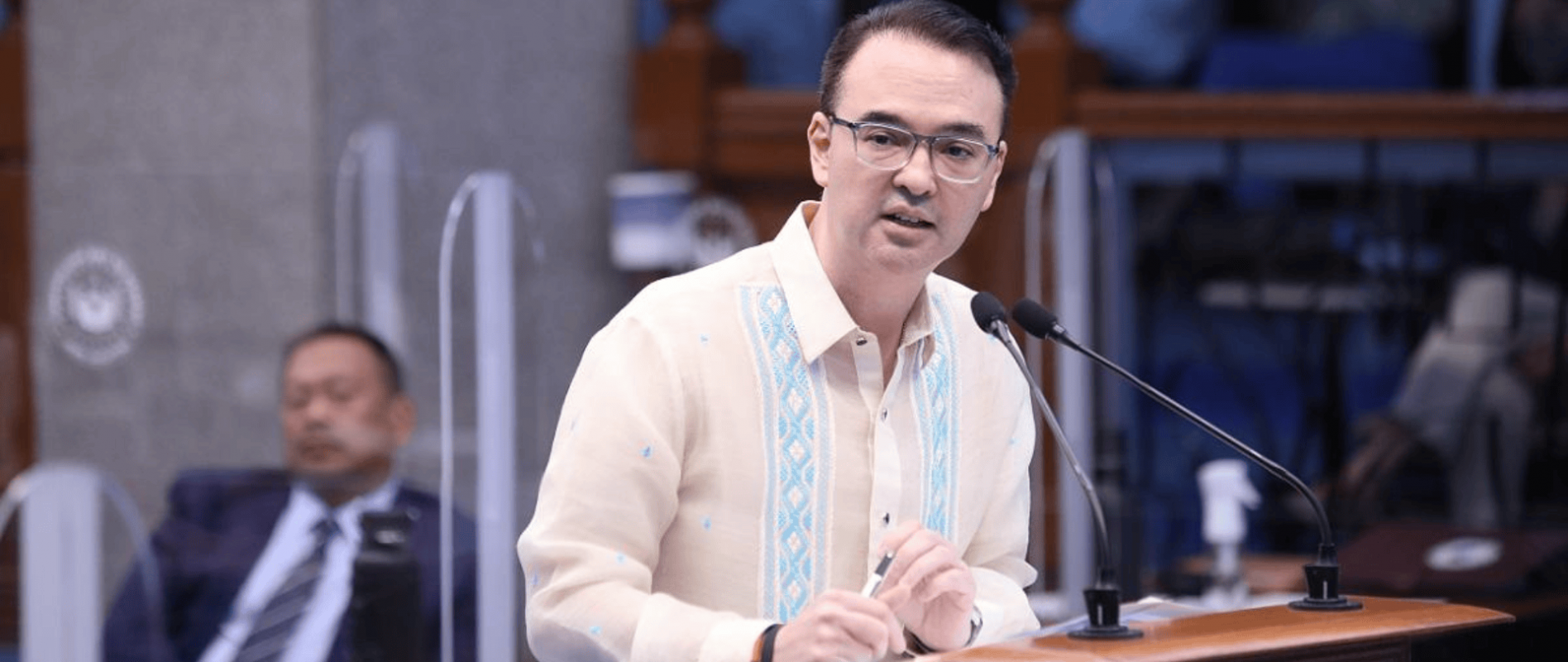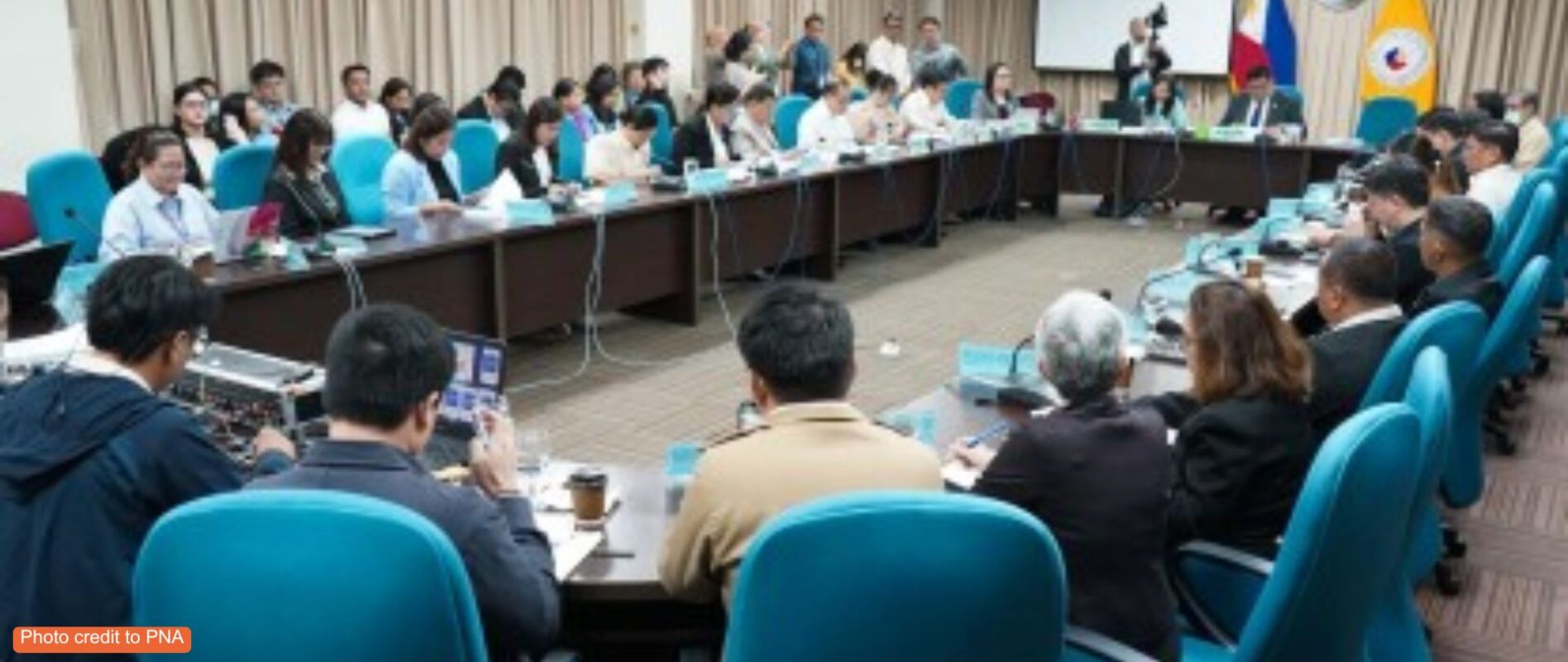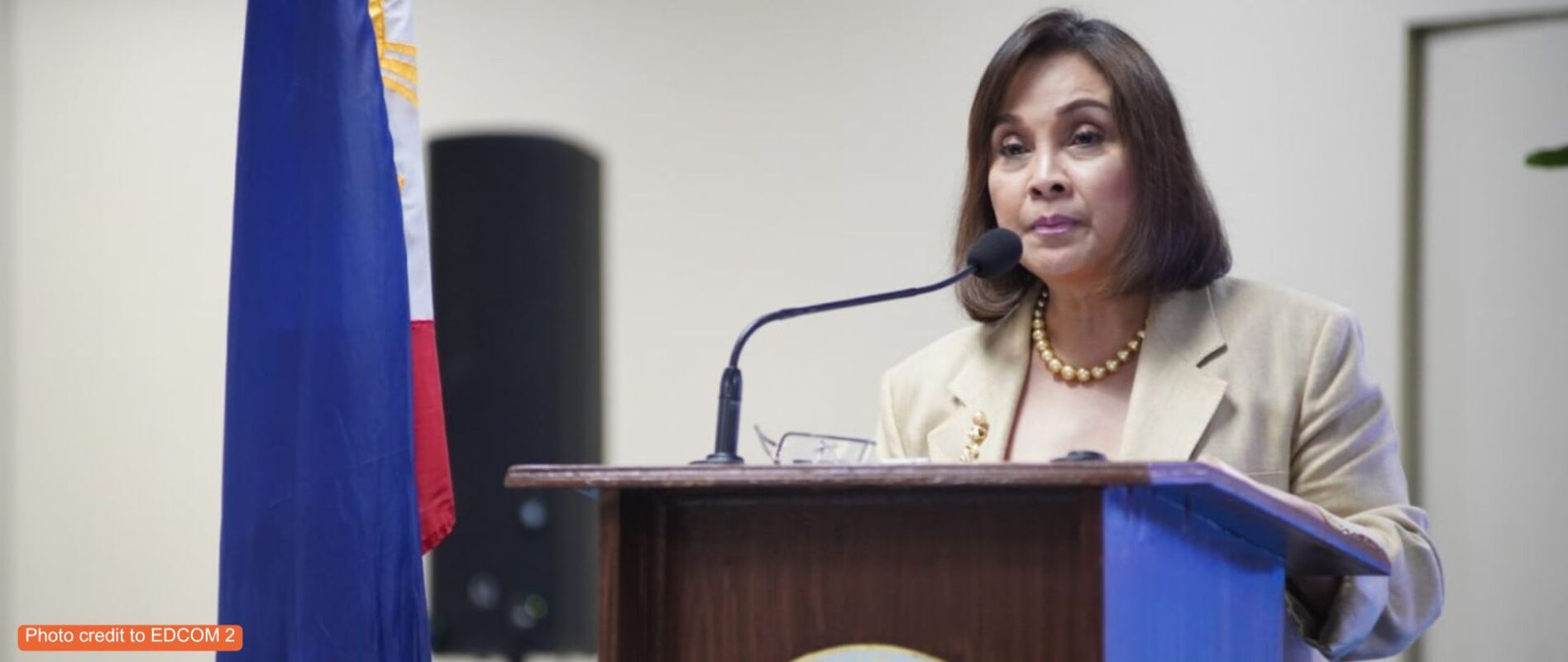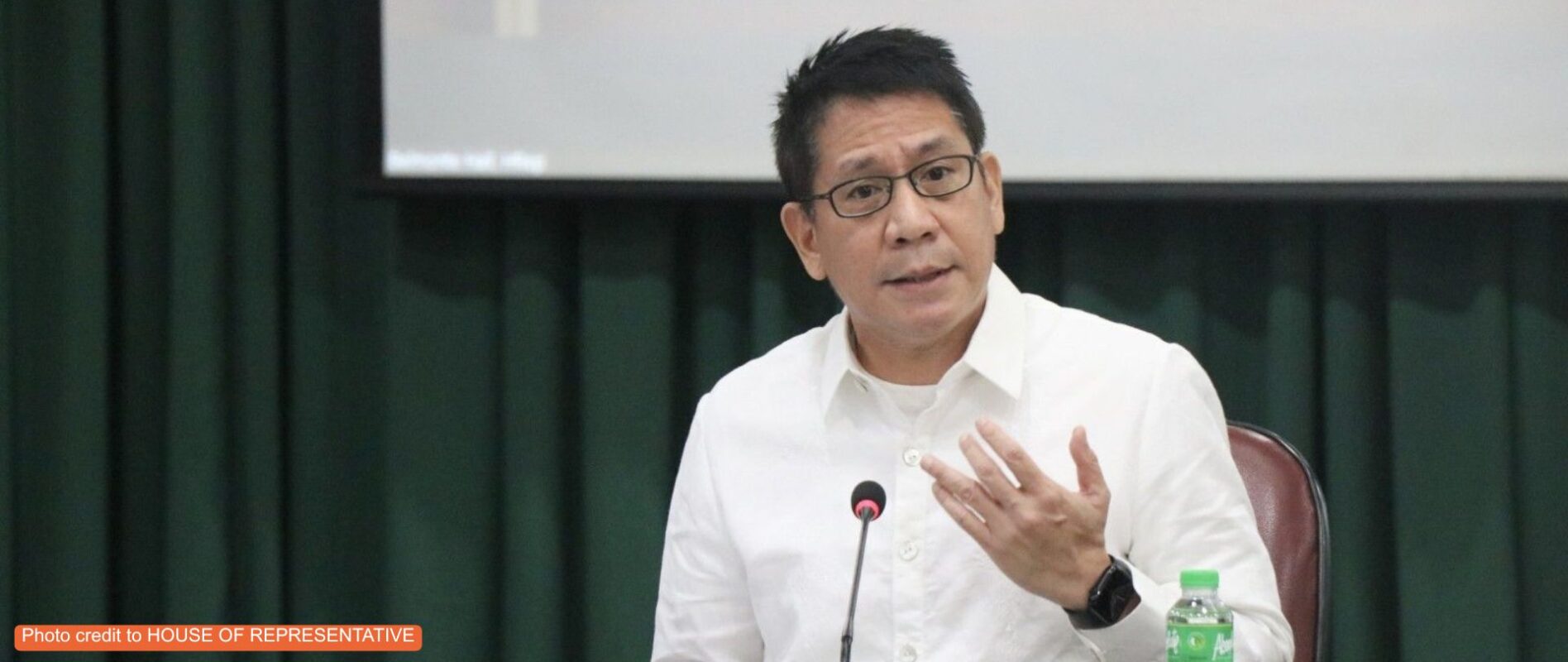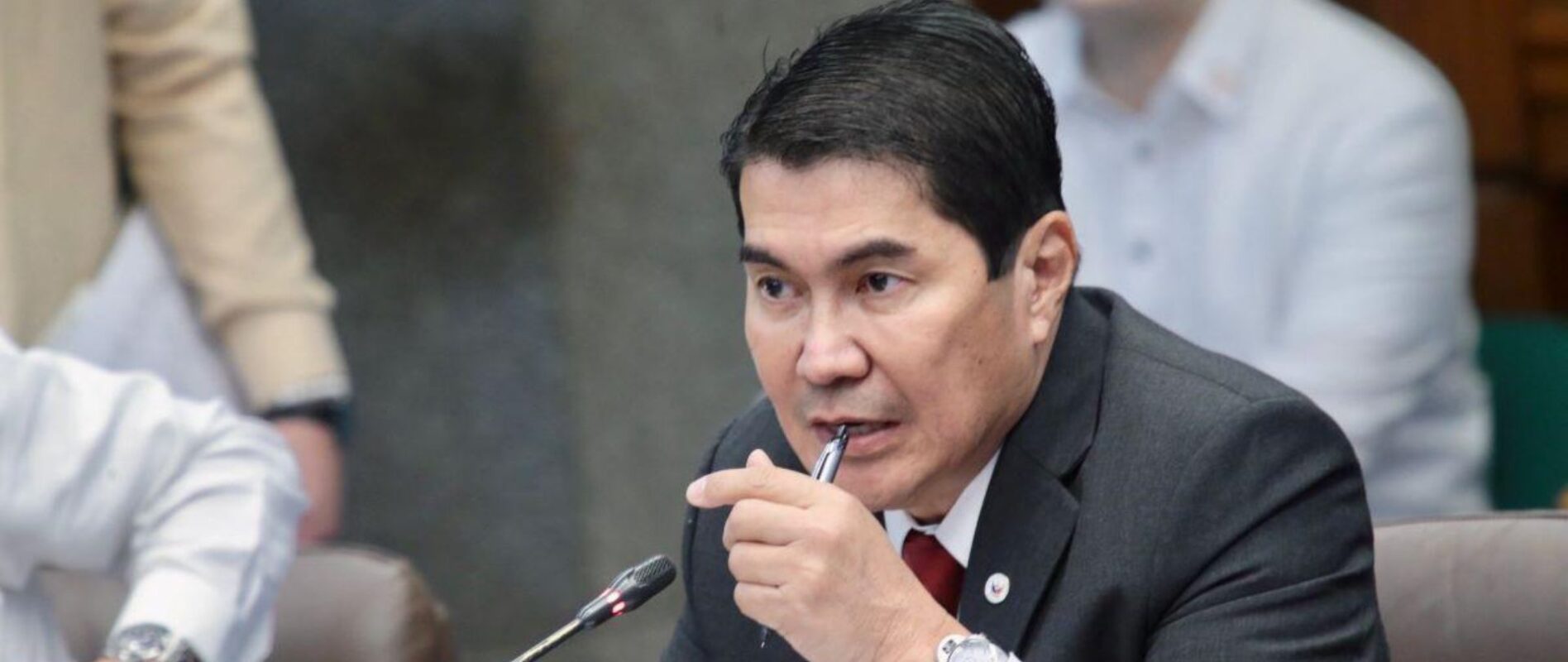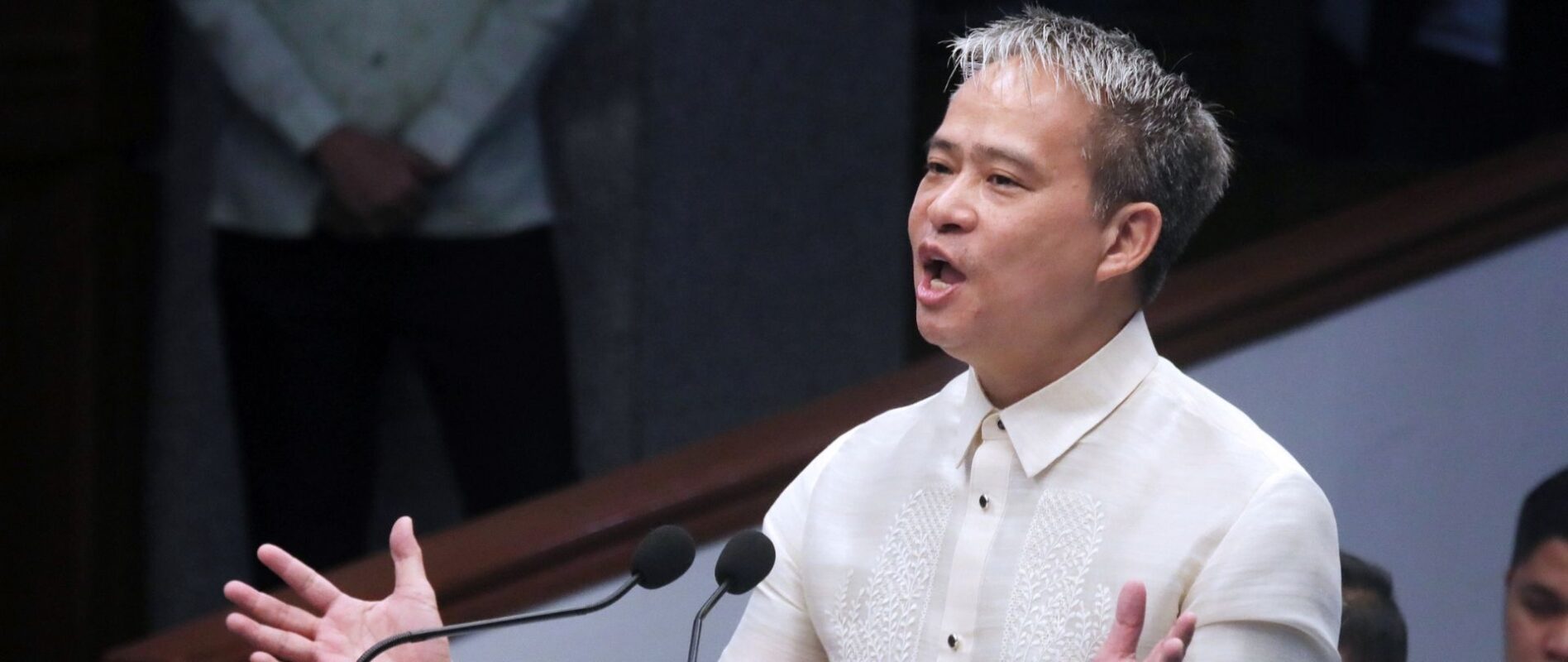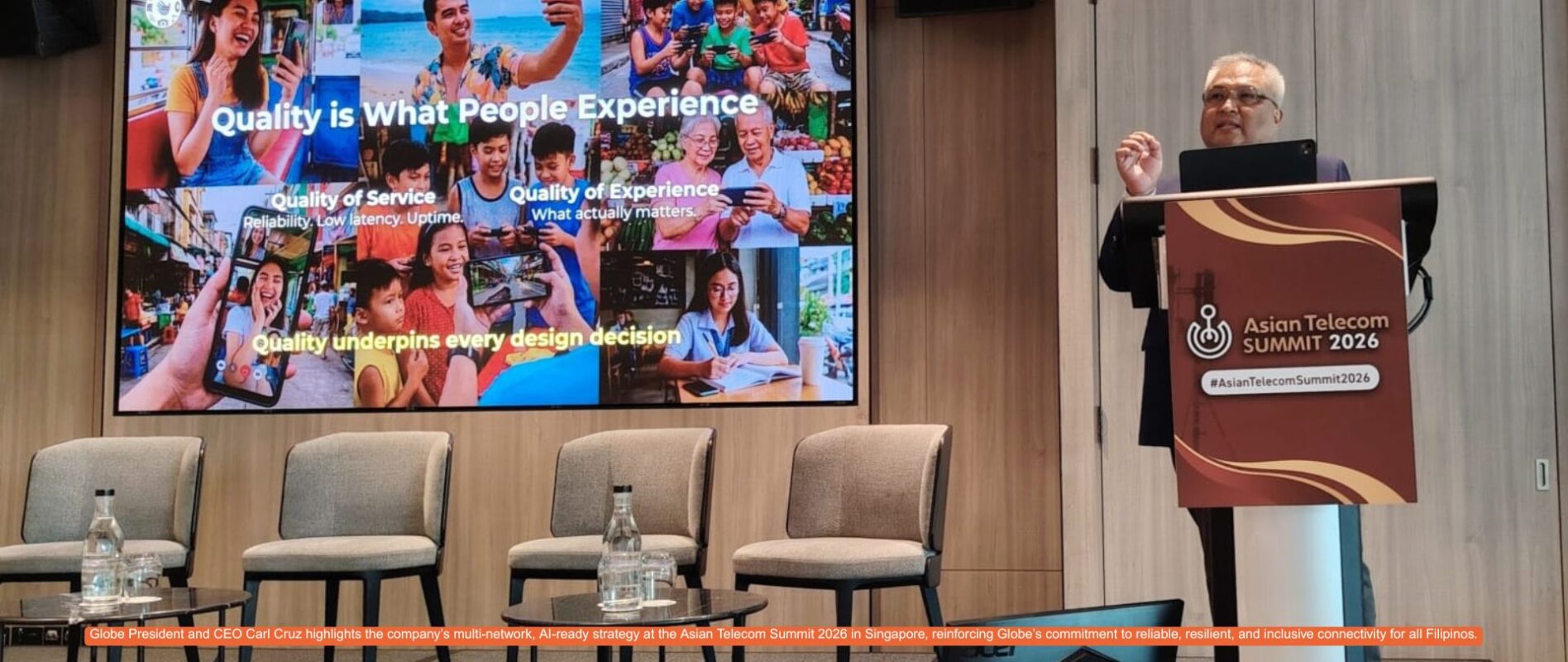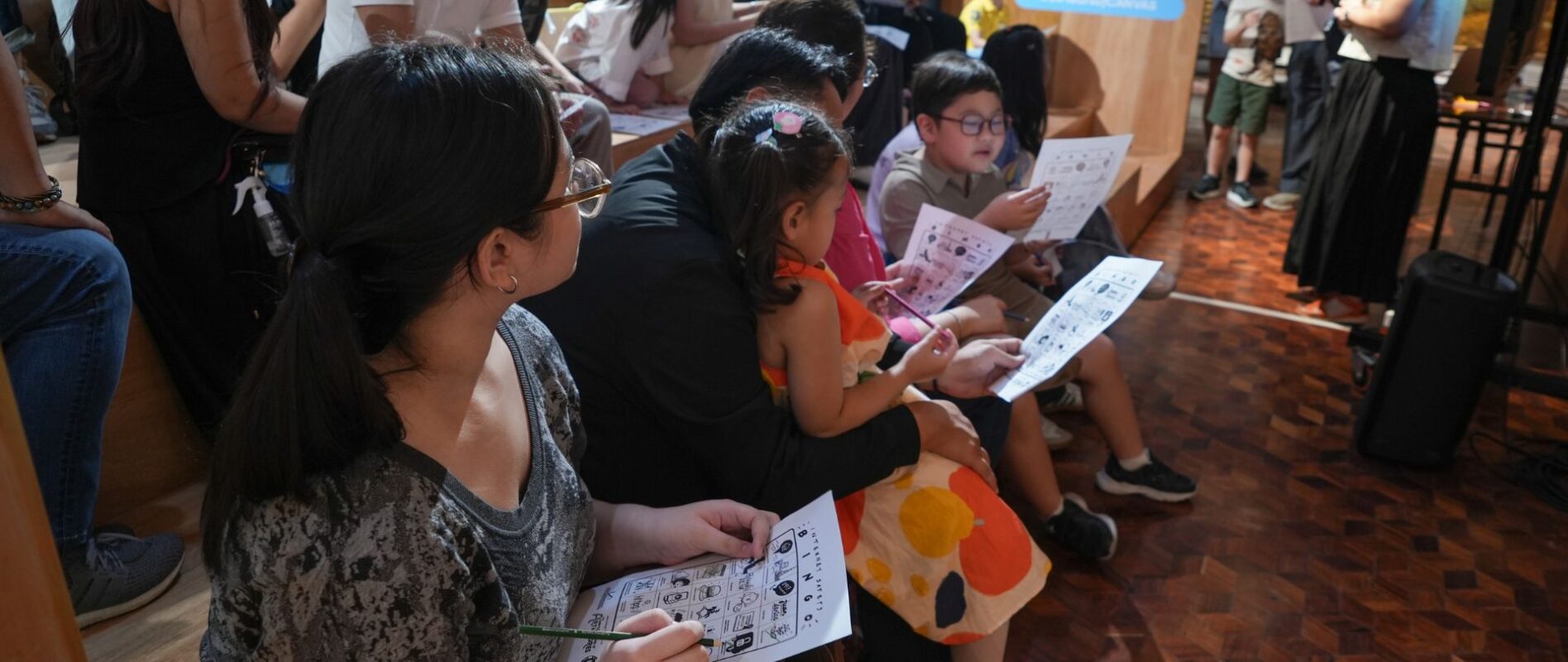SENATOR WELCOMES DEPED’S REFORMS IN THE K-12 SYSTEM
SENATOR Alan Peter Cayetano welcomed the Department of Education’s recent reforms aimed at addressing long-standing issues in the K-12 system but insisted that these must be followed by bold actions and smarter budget decisions if the country is to achieve real progress in basic education.
Cayetano issued the statement following recent Facebook posts by DepEd highlighting steps the administration has taken to improve the basic education system.
Among the reforms the senator lauded were the construction of 154 child development centers with a ₱3-million allocation per center; the hiring of 16,000 teachers this year, with 65,000 more in the pipeline; stronger integration of TESDA in the senior high school curriculum with expanded access to free skills assessment; and the distribution of laptops, smart TVs, Wi-Fi, and Bayanihan SIM cards to support digital learning.
“These are the right problems to solve — these pre-K-12 issues we’ve ignored for too long,” said Cayetano, who co-chairs the Second Congressional Commission on Education.
However, the senator cautioned that simply taking action is not enough.
“As we identify and try to solve these problems, alamin natin kung ano talaga ang priority of all our priorities — because kung maraming priorities, walang priority,” he said.
“We have to spend more money — and wisely — dito sa DepEd,” he added.
Cayetano again flagged the shift to half-day classes in many public schools, a symptom of overcrowding that, he said, undermines learning no matter how good the facilities are.
“Nag-additional two years ka nga sa K-12, half day ka naman,” he pointed out.
“Three to four hours in school, four hours on TikTok or social media, and then another few hours on the street — that’s the kind of future we’re looking at,” he added.
He also cited the country’s classroom shortage, currently pegged at 165,000, which remains unresolved despite the Department of Public Works and Highways operating with a ₱1-trillion budget.
“We can end the classroom shortage in a year. If each classroom costs ₱1 million, that amounts to only ₱165 billion — almost half or two-thirds of the DPWH budget,” he said.

